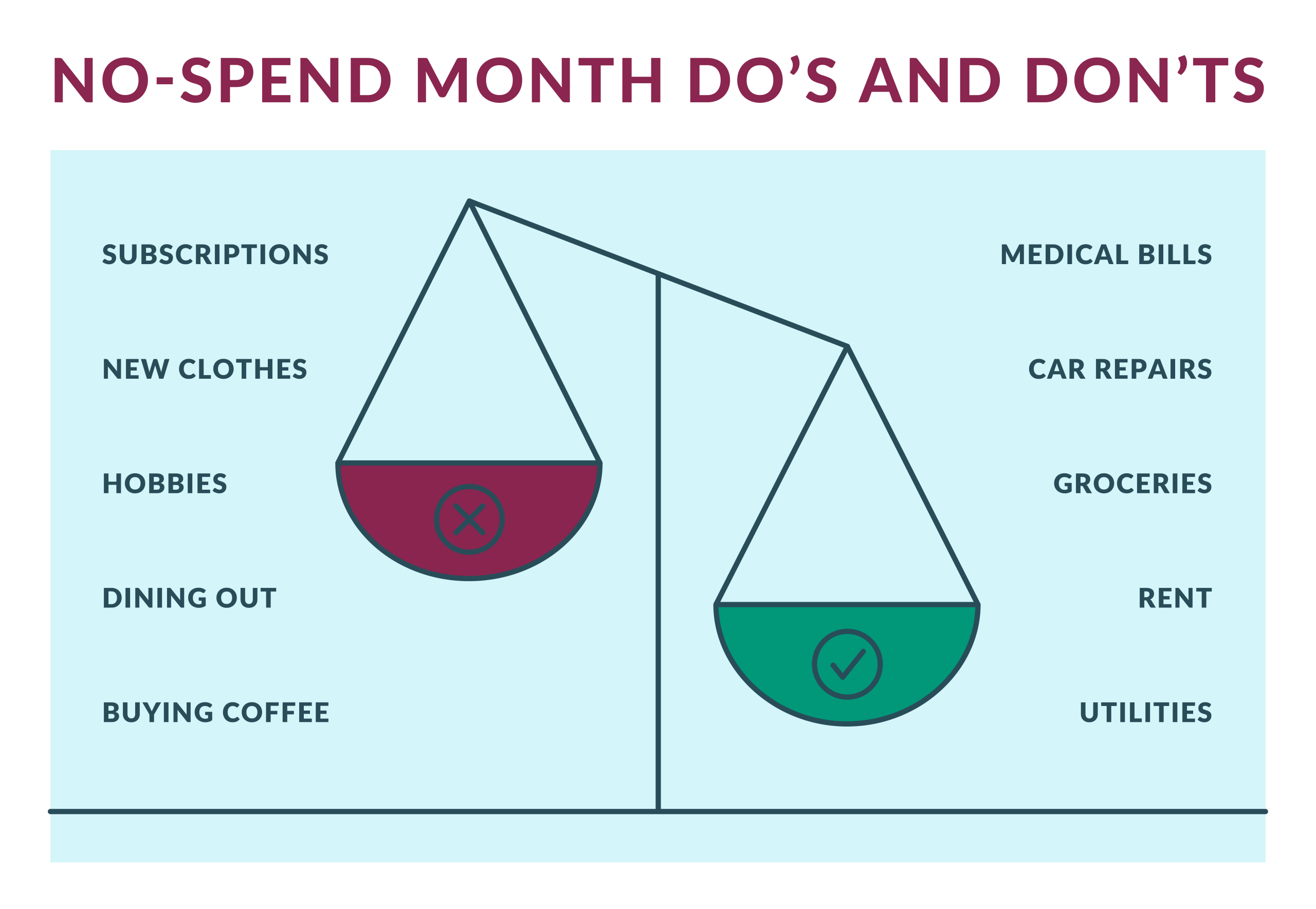Anúncios
For non-U.S. citizens, obtaining a mortgage can seem daunting, but it is entirely possible with the right preparation. And that includes Mortgage Documents for Non-U.S. Citizens.
Lenders typically require a variety of documents to assess identity, immigration status, and financial capability.
This content will guide you through the key documentation needed, explain its purpose, and offer tips to ensure a smooth process. Continue reading to simplify your journey towards owning a home as a non-U.S. citizen!
Proof of Identity and Immigration Status
Proving your identity and immigration status is a crucial step in applying for a mortgage as a non-U.S. citizen.
Lenders use these documents to verify that you are legally present in the country and to understand your residence or work status.
Valid Passport
A valid passport is often the primary document used to confirm your identity.
It provides proof of your nationality and ensures that your identity matches the other documents in your mortgage application.
Thus, make sure your passport is up-to-date and not close to expiration, as this can cause delays.
Social Security Number (SSN) or Individual Taxpayer Identification Number (ITIN)
It is also necessary to have an SSN or, in some cases, an ITIN. Understand each:
- Social Security Number (SSN): Issued to U.S. citizens, permanent residents, and some temporary residents.
The SSN is used to track your financial activities, including credit history and tax records.
Lenders rely on your SSN to access your credit report and assess your financial behavior.
- Individual Taxpayer Identification Number (ITIN): If you are not eligible for an SSN, an ITIN serves a similar purpose.
It is issued by the IRS to individuals who need to pay taxes but are not U.S. citizens or permanent residents.
Therefore, many lenders accept an ITIN in place of an SSN for mortgage applications.
Green Card
If you are a permanent resident, a Green Card is a critical document to prove your legal status in the country and is required among the Mortgage Documents for Non-U.S. Citizens.
It establishes your eligibility to live and work in the country indefinitely. This assurance of stability and permanence can be a key factor for lenders, as it demonstrates your long-term ability to meet mortgage obligations.
Thus, submitting a clear and updated copy of your Green Card is essential for the mortgage process.
Documentation for Work or Student Visa
For those with temporary visas, such as H-1B, L-1, or F-1, providing visa documentation is essential to prove your legal residence and authorization to work or study in the U.S.
These documents give lenders confidence in your legal status, which is a prerequisite for a mortgage.
Additionally, lenders may review the remaining duration of your visa to ensure it aligns with the loan term, which can influence their approval decision.
Asylum or Refugee Documentation
If you have been granted asylum or refugee status, you must provide official documentation issued by the U.S. government.
These documents confirm your legal residence and explain your unique circumstances. Lenders generally view these documents as proof of your ability to remain in the U.S.
Thus, they help evaluate your eligibility for long-term financial commitments, such as a mortgage.
Proof of Financial Capability
To qualify for a mortgage, lenders require solid evidence of your ability to repay the loan. This involves a thorough review of your credit history, income, and financial assets.
These documents help lenders determine your financial reliability and whether you meet the requirements for the requested mortgage amount.
Credit Report
Lenders rely on your credit report to assess your financial reliability. For non-U.S. citizens, this typically means having a U.S.-based credit report.
If you have recently moved to the U.S. and do not have a domestic credit history, some lenders may accept foreign credit reports or alternative proofs.
For example, your records of consistent rental payments or utility bills. However, know that establishing credit in the U.S. in advance can significantly improve your chances of mortgage approval.
Proof of Income
Demonstrating your income is vital to showing that you can afford the mortgage. Therefore, it is also essential among the Mortgage Documents for Non-U.S. Citizens.
Commonly required documents include recent pay stubs, W-2 forms, tax return statements, and employment verification letters.
But if you are self-employed, additional materials, such as profit and loss statements, client contracts, or business tax return statements, may be required.
Therefore, understand that presenting comprehensive income proof reassures lenders about your ability to responsibly manage the loan.
Proof of Assets
Your financial assets, such as savings, investment accounts, or property in your home country, can significantly strengthen your mortgage application.
By providing detailed bank statements or investment account summaries, you demonstrate that you have the financial resources to cover the down payment and ensure continued stability.
This additional layer of financial proof can give lenders more confidence in your application.
Recommendation Letter (if applicable)
In some cases, lenders may request a recommendation letter from a previous landlord or employer.
This document serves as an additional testament to your financial responsibility, particularly if your credit history in the U.S. is limited.
A strong recommendation can enhance your application, highlighting your reliability and stability as a borrower.
Property Documents
If you have already identified a property, you will need to provide essential documents such as the purchase agreement or property listing.
These materials allow lenders to assess the value of the property and ensure it meets their criteria to secure the loan.
Therefore, complete documentation of property details is crucial for a smooth approval process.
Tips for Organizing Mortgage Documents for Non-U.S. Citizens
It is not enough to just know Mortgage Documents for Non-U.S. Citizens, keeping them organized is essential for a smooth mortgage application process.
Use these practical tips to ensure nothing is overlooked:
- Create a checklist: list all necessary documents based on your lender’s requirements, immigration status, and financial situation.
- Check requirements in advance: consult your lender or mortgage broker to confirm which documents are needed for your specific case.
- Organize by category: separate documents into categories such as identity, income, and assets to facilitate access.
- Scan and save digitally: keep electronic copies of all documents for quick submission or reprinting.
- Ensure documents are up-to-date: double-check expiration dates and replace any outdated forms before applying.
- Label foreign documents: if providing documents not in English, include certified translations to avoid delays.
- Maintain communication: stay in regular contact with your lender to ensure you have provided everything they need. Remember, other documents may be requested depending on the lender and your legal status. Therefore, be proactive by asking questions and preparing in advance.
Navigating the mortgage process as a non-U.S. citizen may require additional steps, but it is entirely possible with the right preparation.
And now, you know what the Mortgage Documents for Non-U.S. Citizens are. By organizing your proof of identity, immigration status, and financial capability, you can position yourself as a strong candidate for a home loan.
For more expert guidance on securing a mortgage as a foreigner, visit this detailed guide on Buckzup.
With the right approach, your dream of owning a home in the U.S. is within reach. Continue exploring our site for more tips and insights to simplify your journey!
Looking for a suggestion? Also read our content on how to improve your credit score for a mortgage!






